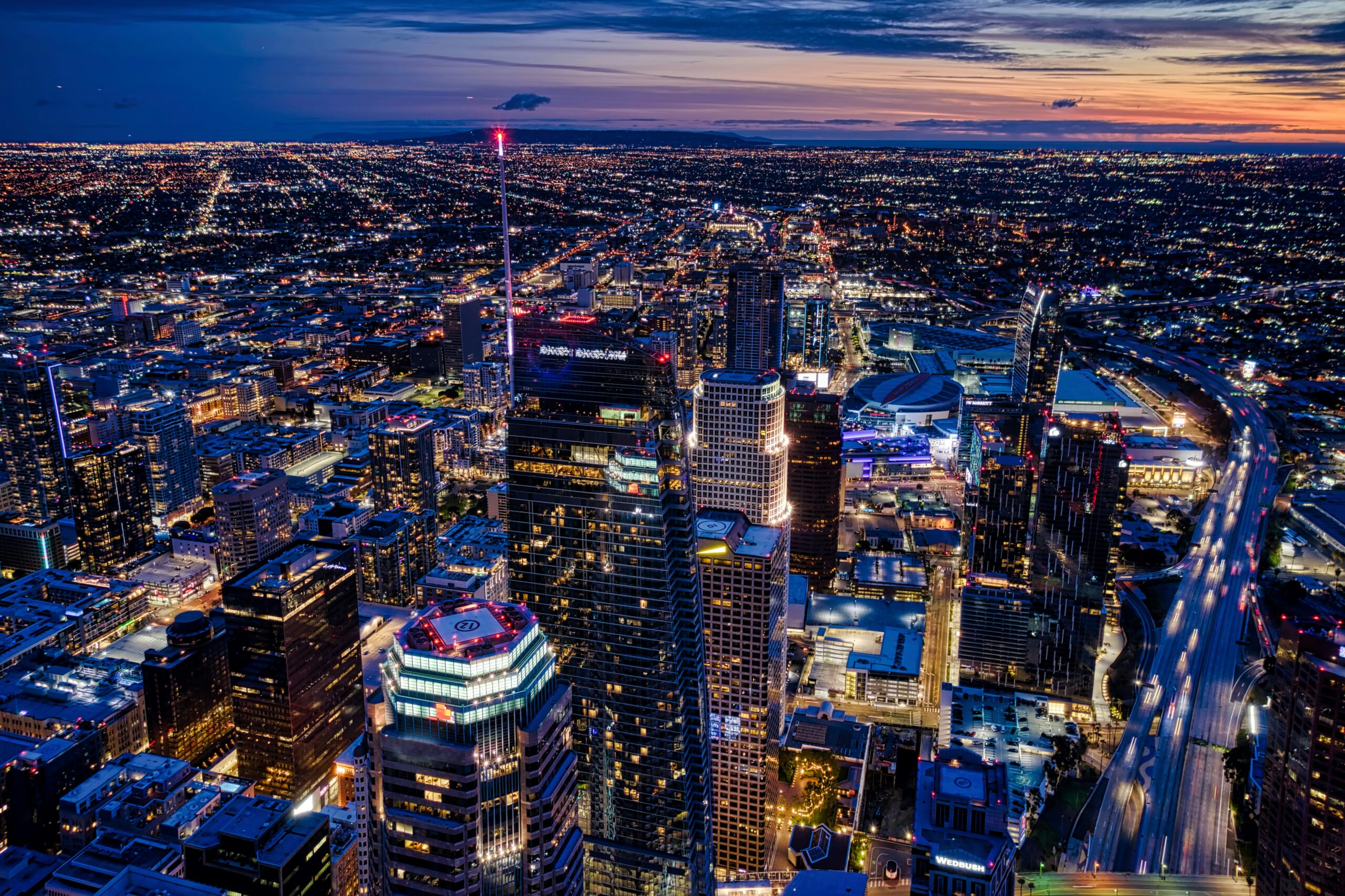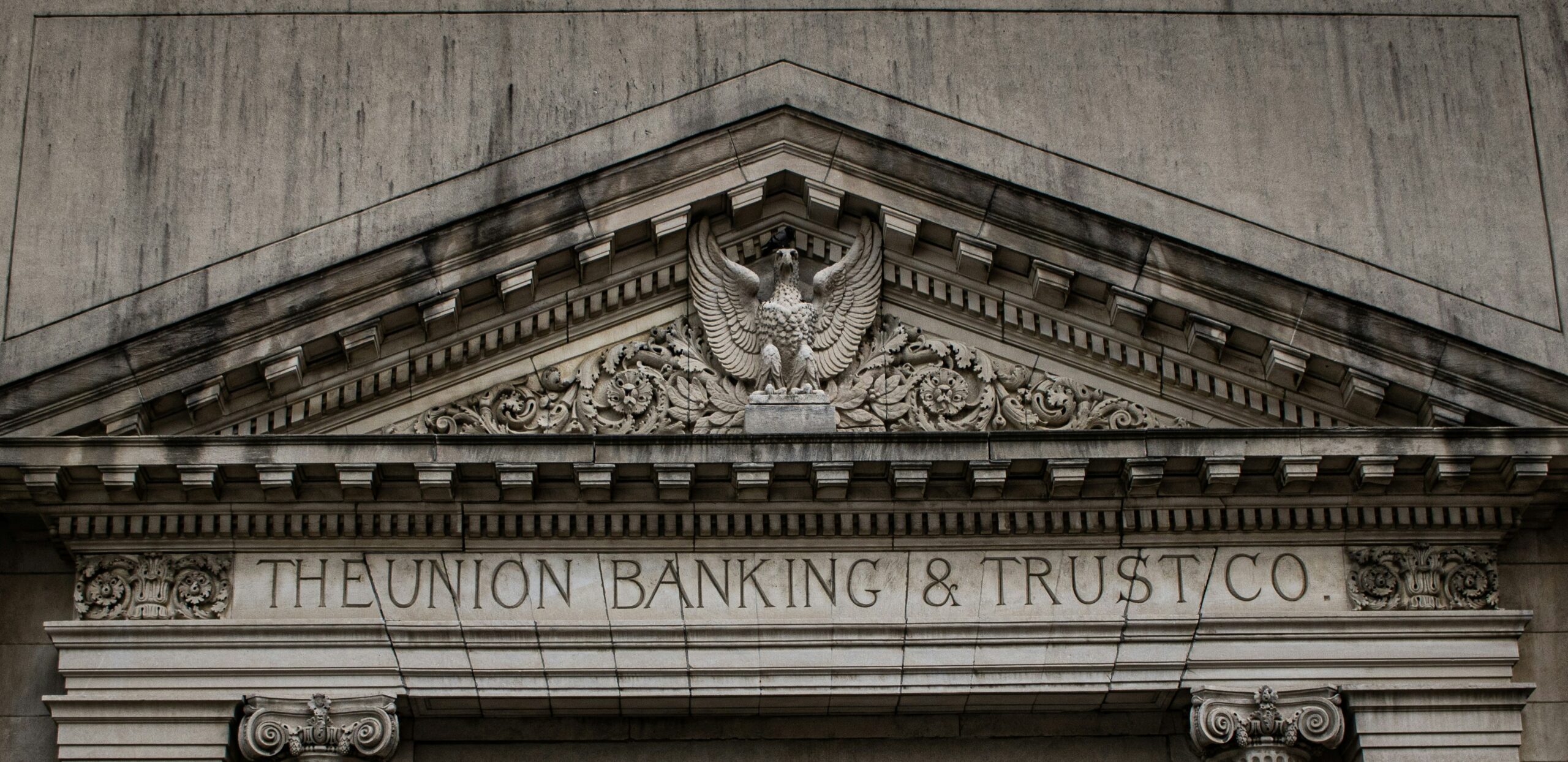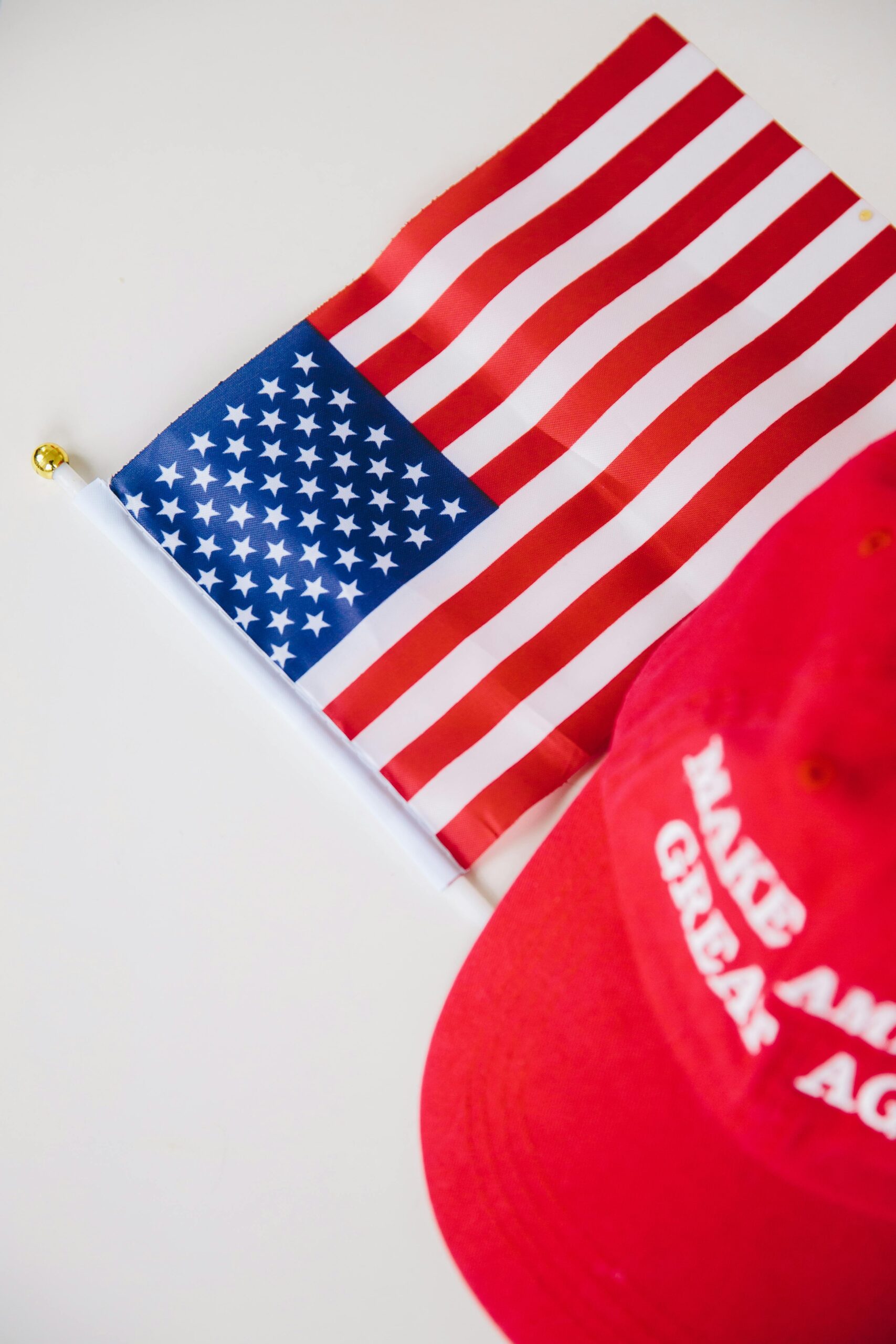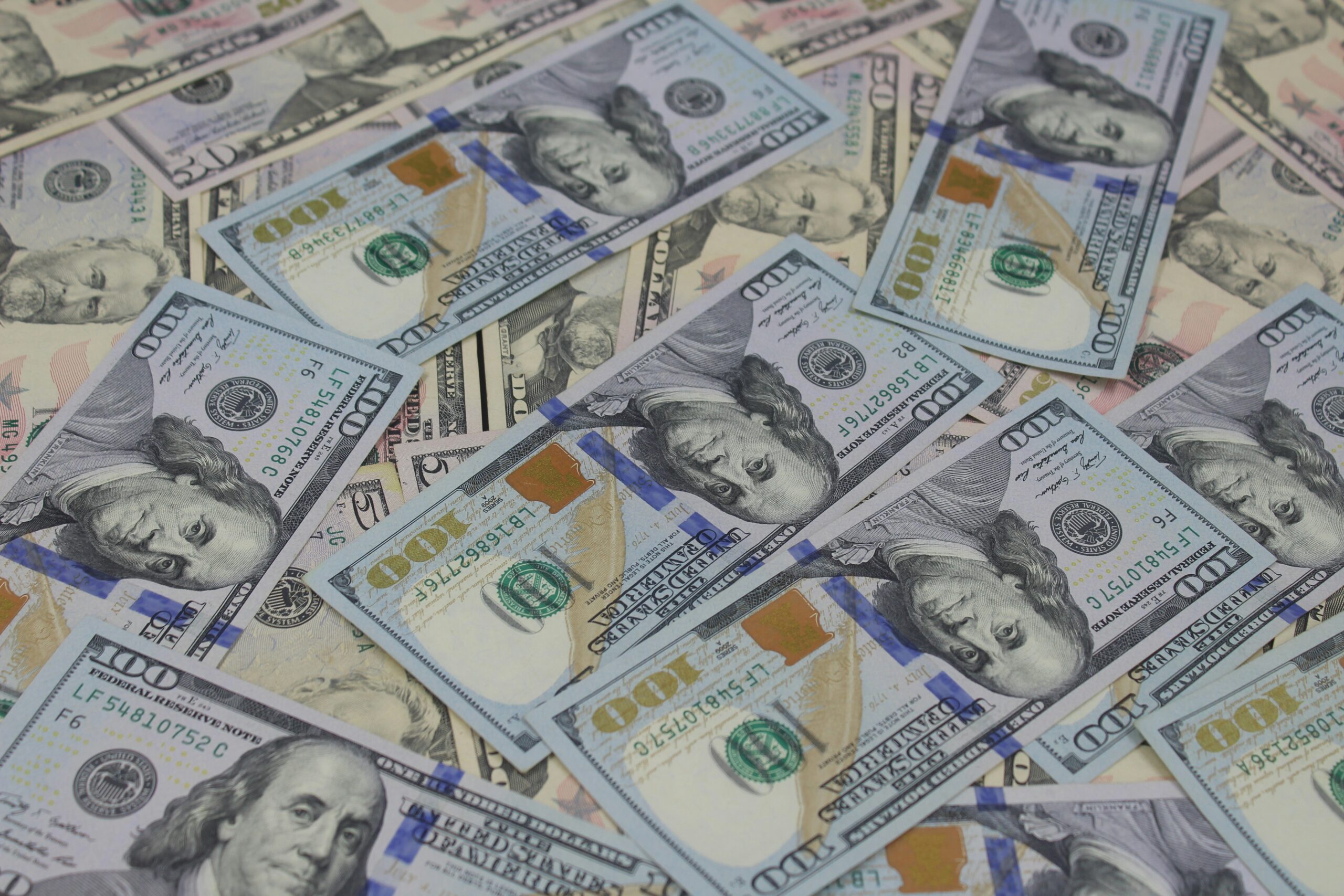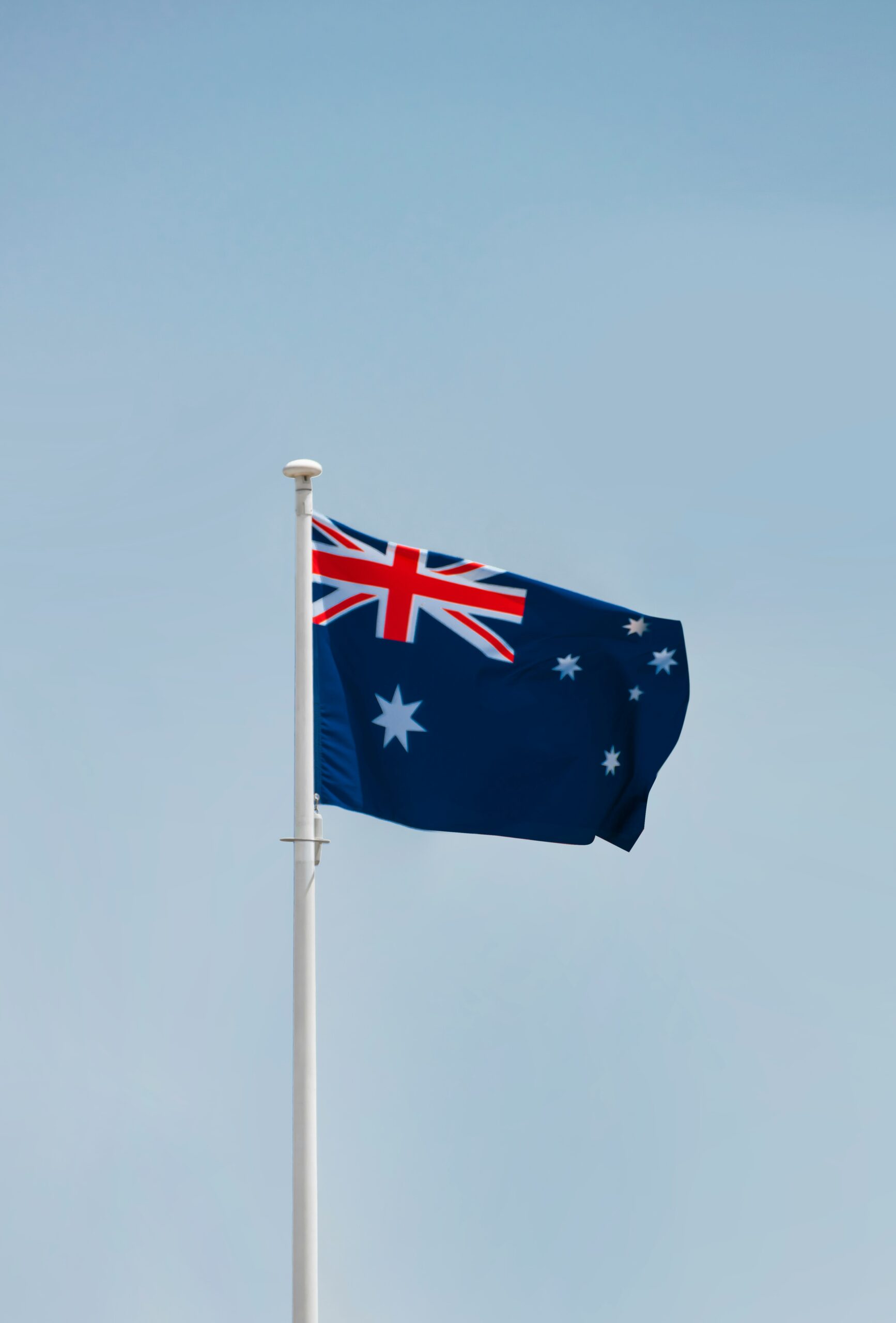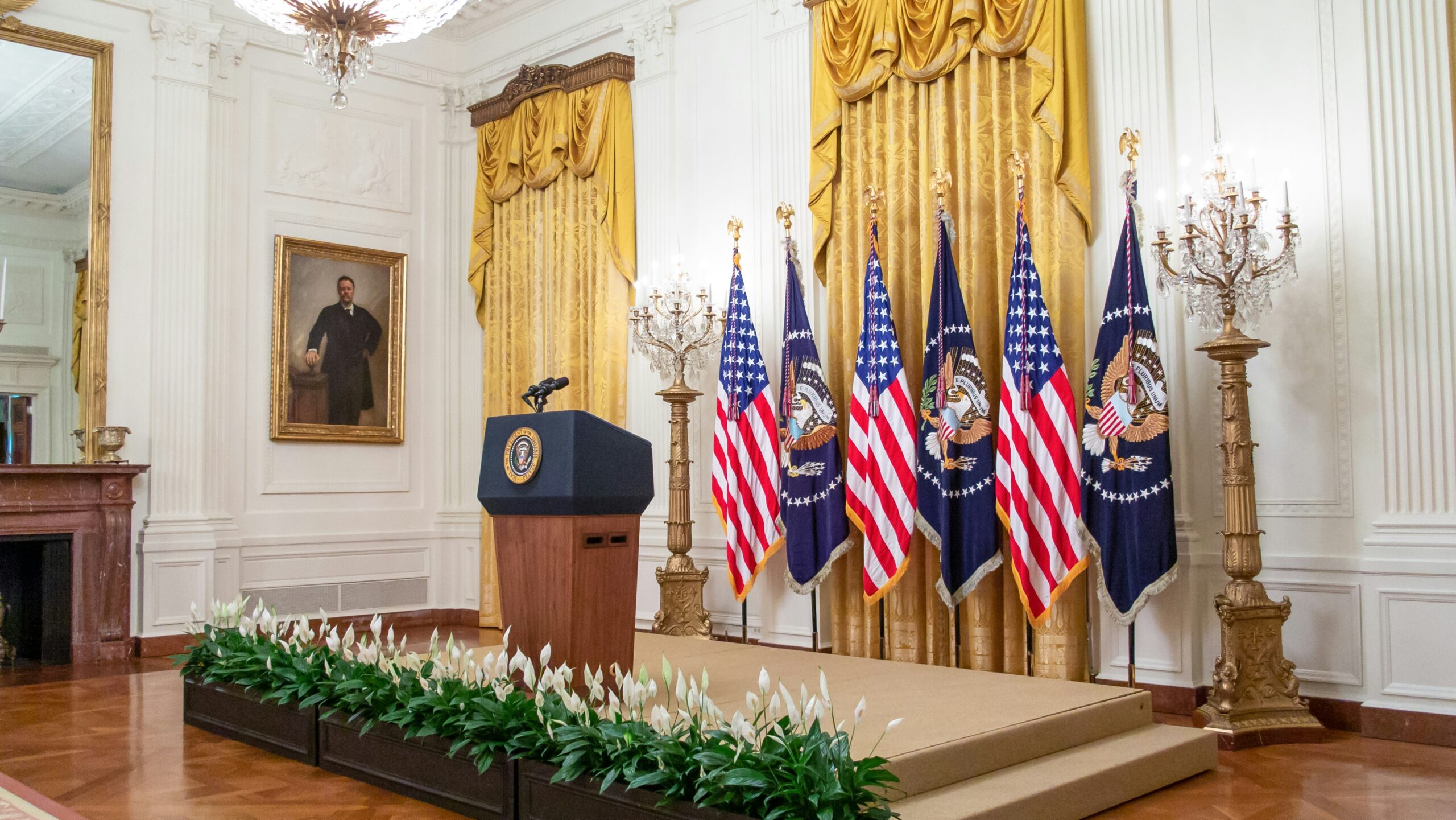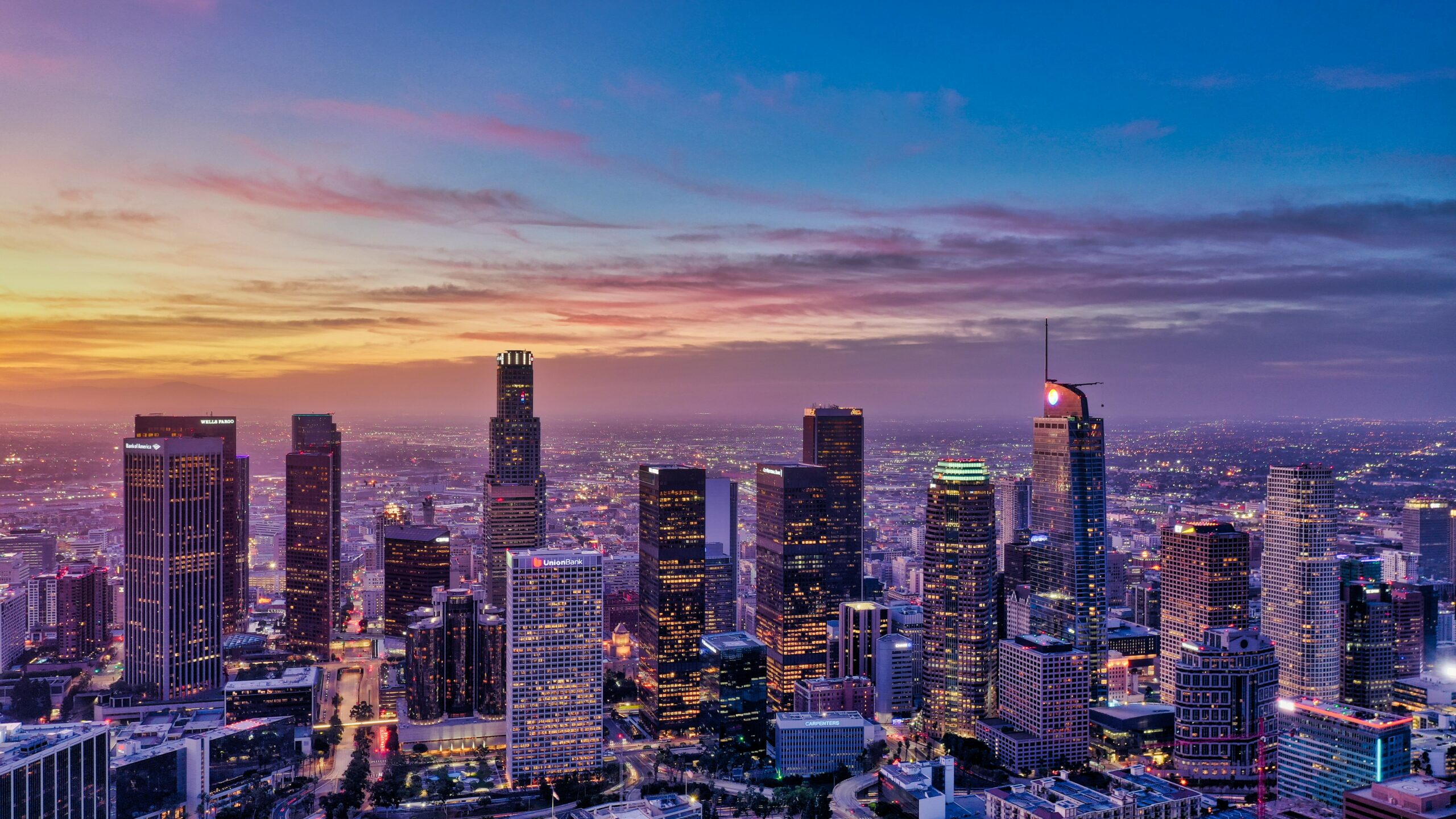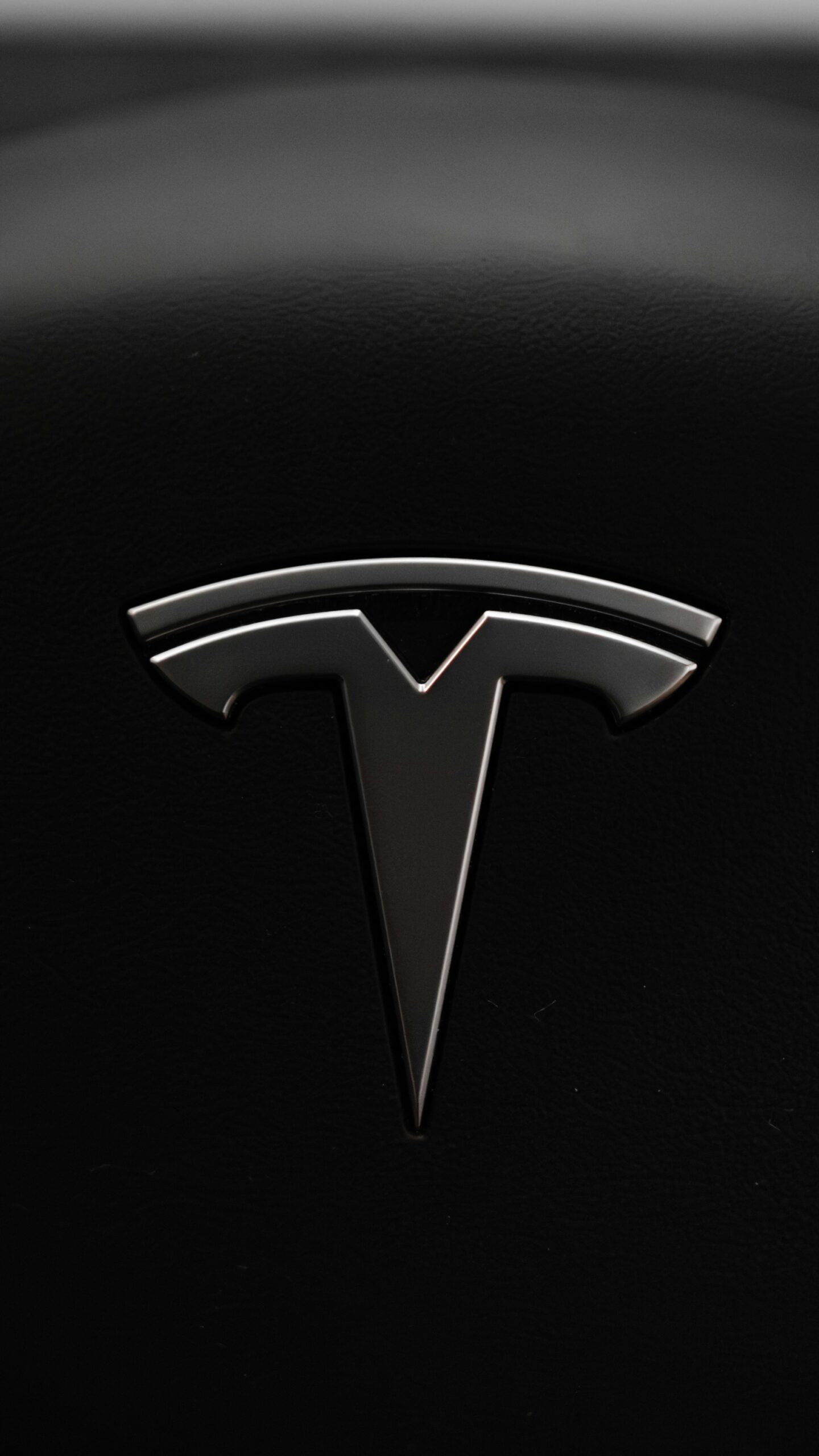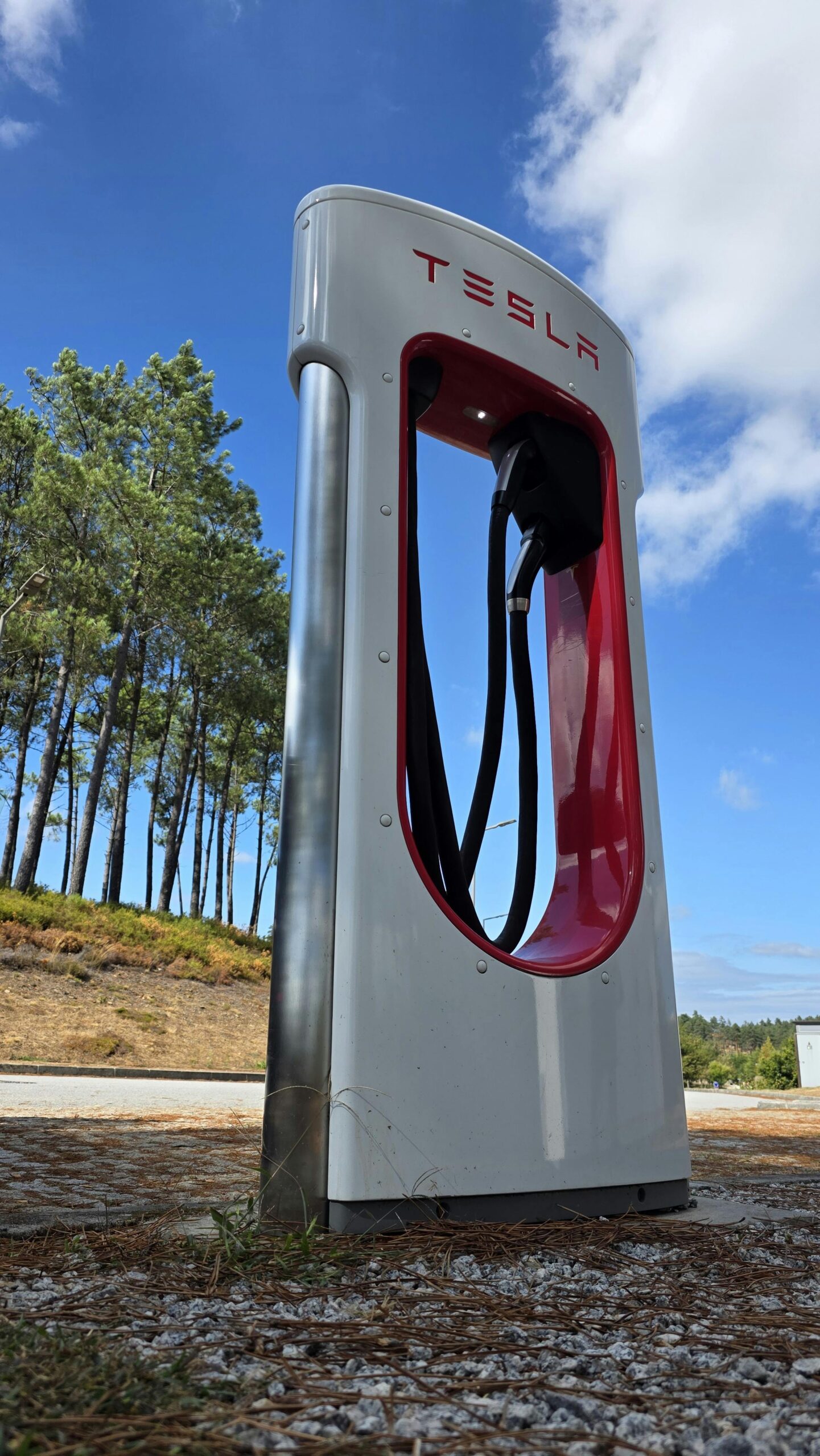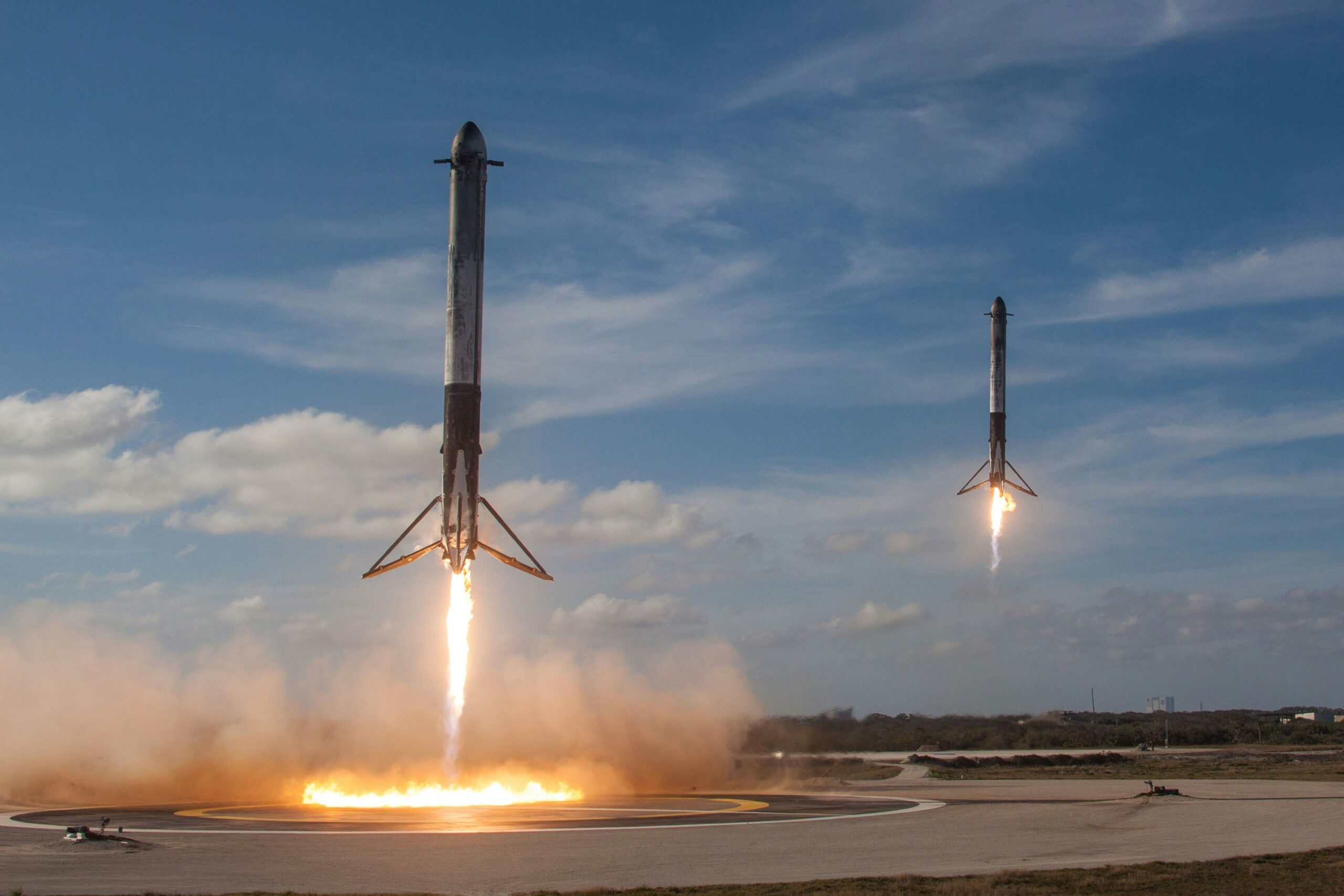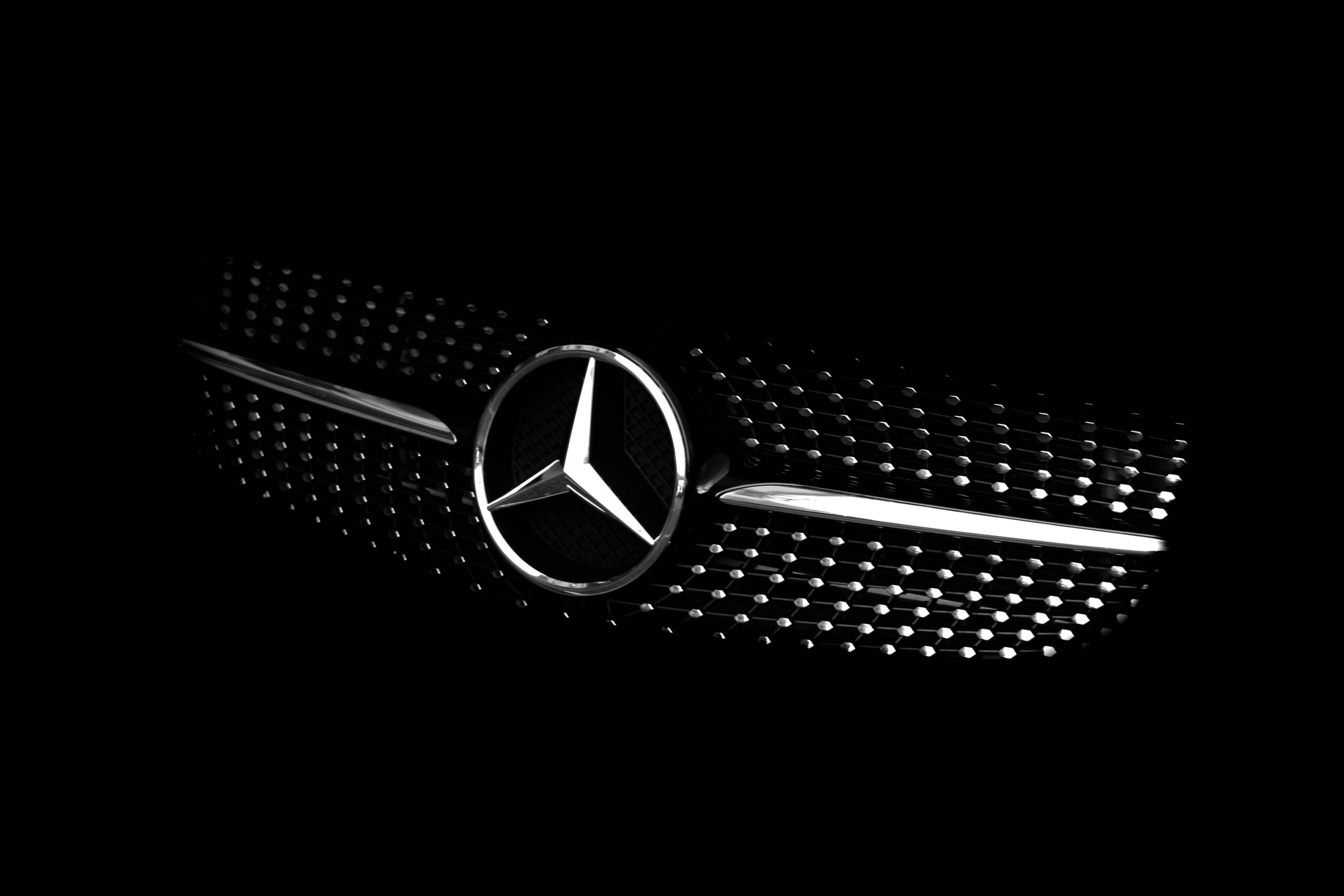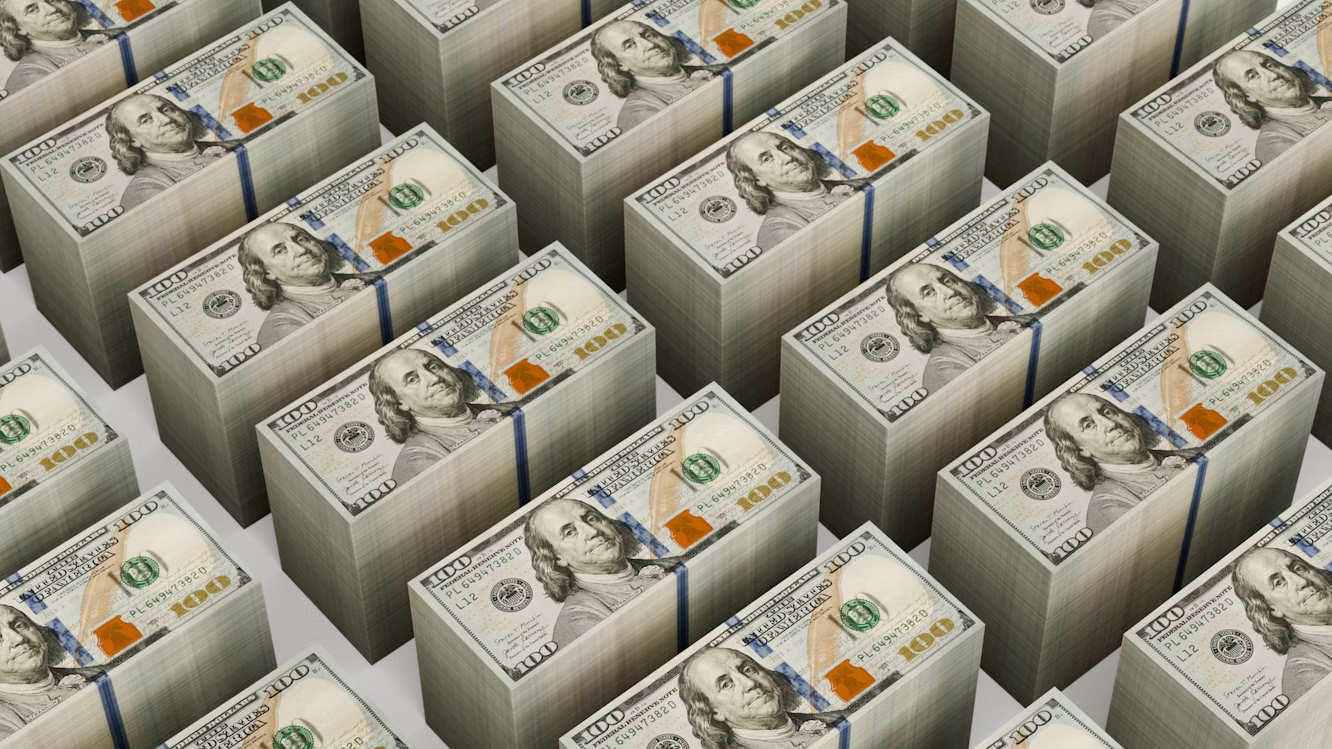Image credit: Unsplash
Elon Musk, the man behind significant technological innovation, might lose his title as the wealthiest person in the world. This development stems from a legal ruling that could significantly impact his net worth, leaving his financial future and control over Tesla, the electric-car juggernaut, in uncertain territory.
Musk, known for his ambitious endeavors ranging from colonizing Mars to pioneering advancements in artificial intelligence, has been in the spotlight for urging Tesla’s board to grant him a massive stock award. This push comes years after he liquidated a significant portion of his Tesla shares to fund the acquisition of Twitter. Musk’s rationale is clear: a more substantial stake in Tesla is crucial for him to maintain the reins and steer the company towards greater heights, especially in AI.
The recent ruling, however, could mess up Musk’s plans. With options worth approximately US$51.1 billion now hanging in the balance, Musk’s net worth could plummet to US$154.3 billion, according to the Bloomberg Billionaires Index. This substantial decrease would relegate him to the third position on the list of the world’s wealthiest individuals, significantly dropping from his long-standing perch at the top.
The issue started with a lawsuit from a Tesla investor, challenging the disclosures related to Musk’s 2018 executive compensation package, along with the performance benchmarks Musk was required to meet. Delaware Chancery Court Chief Judge Kathleen McCormick found that Tesla directors failed to disclose appropriately and that conflicts of interest tainted the board’s consideration of Musk’s pay plan.
Musk’s reaction to the ruling was swift and characteristically defiant. Taking to his social media platform, X (formerly Twitter), he advised, “Never incorporate your company in the state of Delaware.” “I recommend incorporating in Nevada or Texas if you prefer shareholders to decide matters,” he added. This reaction underscores Musk’s penchant for challenging corporate norms and his history of prevailing in legal battles. Yet, this time, the stakes are notably higher.
The main point of the lawsuit was whether the unprecedented compensation plan was even necessary to ensure Musk’s continued leadership and focus on Tesla’s growth. Judge McCormick’s ruling criticizes the board’s failure to engage in adversarial negotiations with Musk, questioning whether the pay package was needed to keep Musk or help Tesla reach its big goals.
Despite the setback, Musk isn’t giving up on getting more shares in Tesla. During a recent earnings call, he emphasized the importance of his influence over the company, framing the issue as a matter of control rather than financial gain. He also criticized proxy advisory firms, which he accused of being infiltrated by activists with agendas contrary to Tesla’s interests.
The fallout from the ruling has broader implications for Musk and Tesla’s shareholders and the company’s future direction. Greg Varallo, representing the Tesla shareholder who brought the lawsuit, hailed the decision as a corrective measure against an “absurdly outsized pay package” that diluted shareholder value.
Now, people are wondering what Musk will do next. Will he appeal the ruling, or will Tesla’s board draft a new compensation package that aligns with the court’s findings? Musk’s dream of making human life possible on Mars and using his Tesla pay to help fund this project shows how his personal goals are linked with his business achievements.
As the situation unfolds, the world watches closely, not just to see how it affects Musk’s position as a titan of the industry but also for its implications on the future of innovation and exploration.








